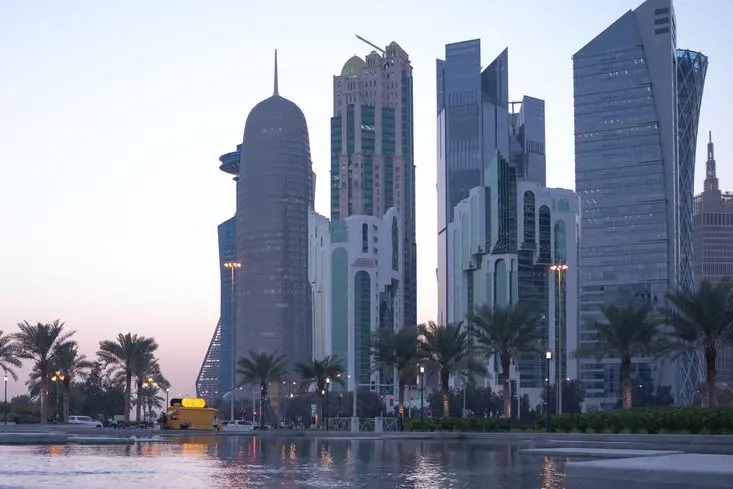PHOTO
Doha, Qatar: The Employment Standards Office (ESO) of the Qatar Financial Centre (QFC), a leading onshore financial and business centre in the region, hosted a Strategic Dialogue themed “The Importance of Just Transition and Investment in Human Capital to Promote Equality and Inclusivity of Labour Practice”. The initiative, organised in cooperation with Gulf Sustain, a programme supported by the Swiss Agency for Development and Cooperation and UNESCO Chair on Environmental Law and Sustainable Development, aimed to raise awareness of the role of human capital in the Environmental, Social, Governance (ESG) and Just Transition.
The inaugural session of the Dialogue explored the concept of Just Transition, which emphasises the necessity of addressing both environmental and social concerns in the transition to a more sustainable economy.
During the discussions, distinguished experts and representatives from the QFC, Gulf Sustain, the International Labor Organisation (ILO), the UNESCO Chair on Environmental Law and Sustainable Development and the United Nations (UN) Working Group on Business & Human Rights analysed ‘Just Transition and Environmental, Social and Governance (ESG) Frameworks through the Social Lens’. They shared invaluable insights into ESG and the broader social implications of economic transitions towards more sustainable economies, emphasising the critical role of fairness, equity, and inclusivity for workers.
Yousuf Mohamed Al Jaida, Chief Executive Officer, QFC, commended the initiative, stating, “This event exemplifies the QFC’s commitment to the UN Sustainable Development Goals and contributing to a future where progress goes hand in hand with inclusivity and sustainability. These values are ingrained in our strategic vision, and through initiatives that promote fairness and environmental stewardship, such as this Dialogue, we aim to take significant steps towards a brighter, more equitable tomorrow.”
Damilola Olawuyi, the UNESCO Chair on Environmental Law and Sustainable Development at the Hamad Bin Khalifa University, emphasised the importance of tailored capacity development, reskilling and training initiatives to effectively leverage the opportunities provided by ongoing technology transformation and digitalisation.
He added, “The ongoing transition raises the need for skilled, talented and motivated workforce capable of supporting a knowledge-based economy. By prioritising training and capacity building programmes, companies can be better prepared to align their practices and decision-making to advance the United Nations Guiding Principles on Business and Human Rights, as well as the Qatar National Vision 2030. This Dialogue is an important step in this regard, and we look forward to building on its evident success.”
Carlotta Ferrero, Head of Gulf Sustain, stressed the need to frame discussions on what constitutes a just transition within the wider local and global contexts.
Max Tuñón, Head of the ILO Doha Project Office, pointed out that “More than ever, the private sector has a vital role to play in transforming economies, safeguarding the environment, and ensuring human dignity in the workplace.”
Luigia Ingianni, ESO Commissioner, QFC, highlighted the importance of promoting decent work and ensuring just transition towards a more sustainable world of work to economic development and the creation of more sustainable societies.
© Dar Al Sharq Press, Printing and Distribution. All Rights Reserved. Provided by SyndiGate Media Inc. (Syndigate.info).





















